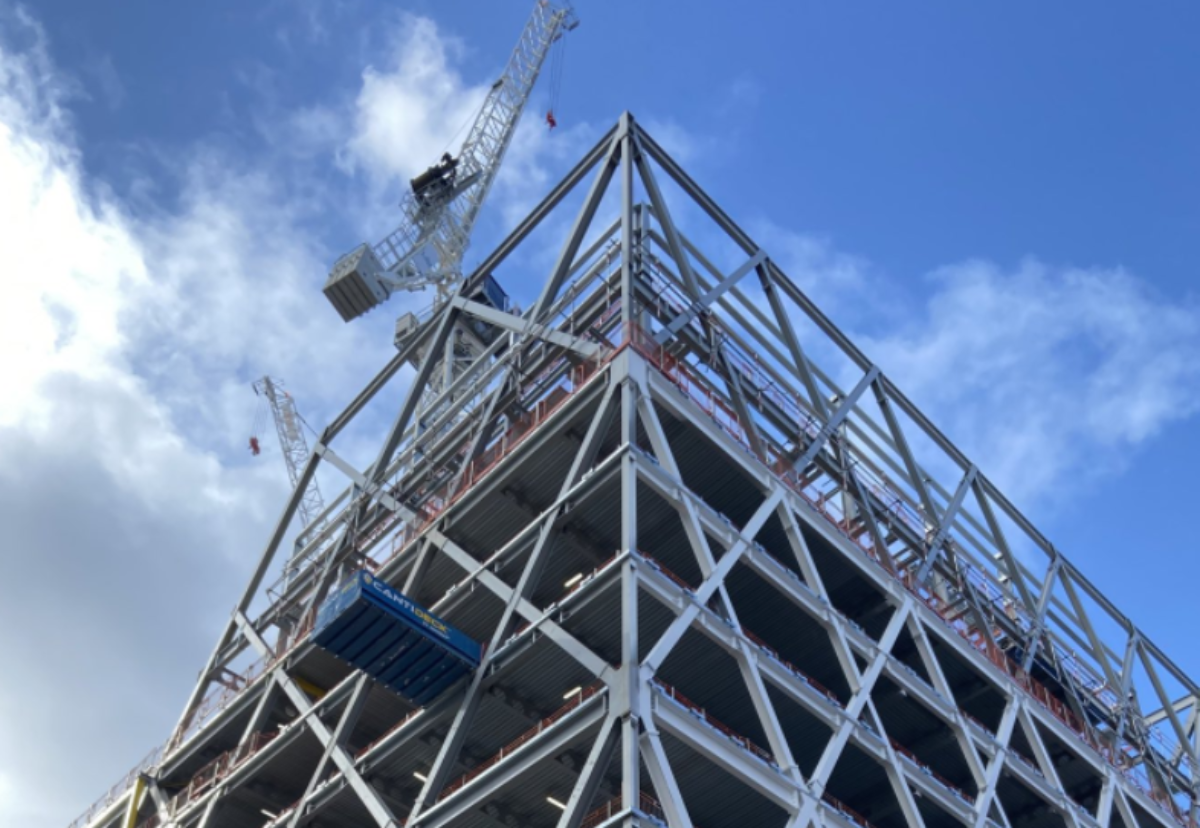Despite revenue rising by a quarter to £83m, the steelwork specialist saw pre-tax profit fall to £180,000 from £1.7m in the heavily Covid-impacted 2020.
To help combat price volatility and the start of many delayed projects in the second half of the year, Billington invested heavily in stockpiling steel prior to the end of last year to ensure margins were preserved on secured work.
This steel will be fully used for projects in the first quarter of this year leading to a return to historic levels of inventory.
Mark Smith, chief executive officer of Billington, said: “In 2021 price increases were in the order of 60%, on top of the 40% increases seen in 2020.
“We anticipated a more stable supply picture in 2022, with previous supply constraints removed and Billington benefiting from its scale in the market and trading relationships with its primary supply chain.
“The onset of the conflict in Ukraine has noted a restriction in some raw materials used in the steel making process of some steel products and further price rises have been encountered as a result.”
He said the firm’s hedging strategy, coupled with the stockpiling seen in the later part of 2021, enabled most projects to be covered up to six months out, mitigating the immediate impact.
But he warned: “Steel prices remain volatile and increasing energy costs coupled with government infrastructure based stimulus packages across the globe, and the development of HS2 in the UK, are providing further inflationary pressures and are restricting the supply of certain steel products.”
Smith said Billington was reviewing its steel procurement strategy in order to reduce its reliance on any one supplier as far as possible.
He added: “While the market remains competitive, and market conditions and the macroeconomic environment remain challenging, Billington’s order book continues at a consistently high level, comprising both delayed and new projects, and the group has good visibility of significant further prospects.”









































 (300 x 250 px).jpg)














.gif)